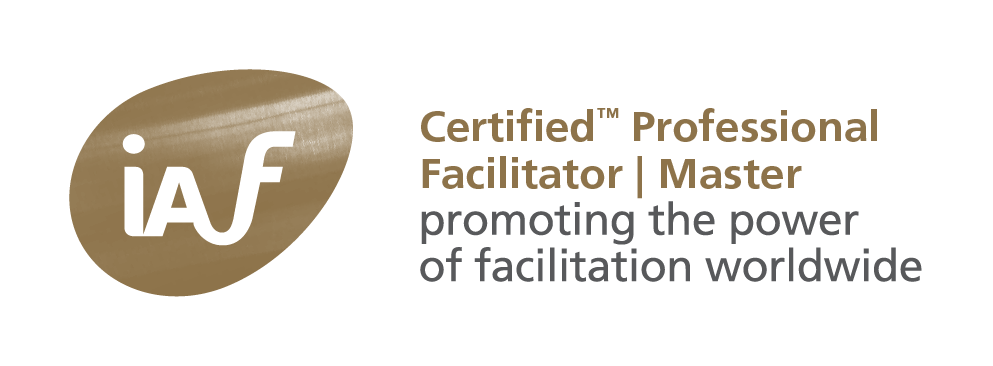I’ve been asked to mentor a facilitator who is also a member of IAF (International Association of Facilitation). I asked if it’s alright when I share the situations and feedback with you. (S)He agreed.
Case
“Today when I was delivering a facilitative training session online, I felt uncomfortable when participants kept asking the same question again and again. And I had time pressure to end it on time. Later on when I switched off my PC, I just realized those questions where raised from an other cultural background then mine.”
My suggestions
When people in a session ask you questions, I usually DON’T give answer directly. I have to figure out, what the question is about. When people don’t understand something – easy between different cultures -, they also cannot ask a question about it. Because a question is being framed in what they know and understand.
As a facilitator, it is our task to “look for the question”, support them in phrasing their question. Several options:
Say “Thank you for the question” (saying yes on the relationship, giving you time to think – I was caught only once by a participant, who remarked: “smart way of gaining some time”). And then something like:
- What do you mean by <repeat key word from question>”? (And if necessary follow it up with “.. and <that> is like …?” or “… and what kind of … is …. ?”)
- What do you need or require (about < subject>)?
- Until what point, could you follow me/us/the conversation?
- Who also has this question? (I like this one. It involves the group) and then … “could you give a possible answer?”
- If it’s not very urgent, I’ll come back on it later. (Write the question down. And in an on line session, I would ask: put it in the chat please)
- ….
The general rule for a facilitator – based on Schein -: “whenever I’m supporting a client in solving his or her problem, it’s perfectly alright to ask for his or her support in doing so“.
What would you do differently next time?




